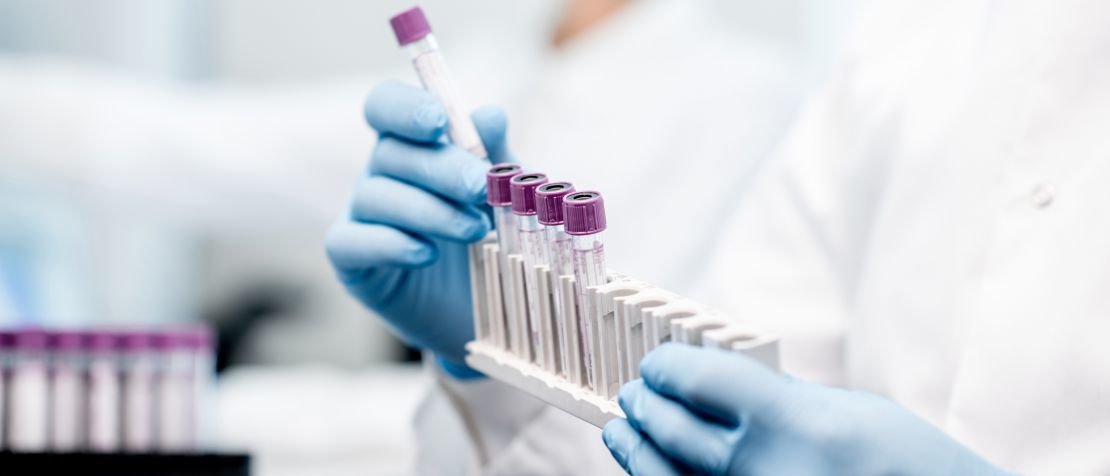
Innovation & Sustainability
Swiss innovation needs an efficient patent system
The protection of intellectual property is essential for the knowledge-based and innovative Swiss chemical, pharmaceutical and life sciences industry. Industrial property protection at (inter-)national level is therefore of great importance to the members of scienceindustries.
12.04.2022
Switzerland may be a small country with just 41,285 km2 surface and around 8.5 million inhabitants. However, Switzerland is in fact a hidden giant. The European Patent Office reported that Switzerland based companies have filed most European patent applications per million inhabitants in 2019 and in fact in every year during the last decade. Switzerland based companies filed with 8249 applications astonishingly more than twice as many European patent applications per population than the runners-up Sweden (Patent Index 2019). This means that Swiss companies have filed an incredible 5% of all European patent applications in 2019. This is remarkable and illustrates the innovative nature of many Swiss companies and their reliance on the patent system.
Patent protection enables innovative companies to bear the high investment costs necessary for research and development. Without the incentives of the patent system, there would be no Swiss innovation engine. The patent system is thus at the heart of the success of innovative Swiss companies, because the patent protects the inventor against a third party commercially exploiting the patented invention without the permission of the patent holder. Patent protection thus creates a balance of interests between the inventor and the general public. By disclosing his invention, the researcher helps the general public to make technical progress and generates knowledge. In return, he receives limited patent protection for a maximum of 20 years. In addition, patents also facilitate the exchange of technologies and research collaborations by allowing them to be licensed in and out relatively easily.
Global economic orientation of companies requires strong patent protection worldwide
The internationally relatively well harmonized patent system, in particular the Patent Cooperation Treaty system, allows innovative Swiss companies to protect their innovations on a global basis. It is thus essential that Switzerland as a country shows strong support for the patent system, for example when it comes to free trade agreement negotiations. scienceindustries and other industry bodies are strongly lobbying for Switzerland and/or EFTA to have firm positions regarding patent and other intellectual property rights. Switzerland’s patent system needs to have internationally a high reputation in order for it to be a good example for developing countries aiming to shift their economies to become more innovation focused. There have been recent positive developments to further improve the Swiss patent system, for example the Patent Box tax incentives introduced as part of the corporate tax reform in 2019 and the approved motion for introducing substantive examination at the Swiss Intellectual Property Institute (IPI). Substantive examination at the IPI is aimed at small and medium sized innovative companies with a focus on the Swiss market and will allow them to obtain low cost but legally strong patent protection in Switzerland. Both these examples show the wider world that Switzerland is committed to its innovative industry and is determined to provide efficient cost effective ways for using the patent system. As a neutral country which is economically highly integrated into the global trade, Switzerland can serve as an impressive example how innovation leads to increased economic success.
Patent protection is important for economic development
The accusation is often made that patent protection is an obstacle to access because it makes drugs unaffordable for developing countries or makes it impossible to continue plant breeding. Both are incorrect: As the WHO Model List of Essential Medicines shows, around 95 percent of the drugs urgently needed in these countries are not subject to patent protection. Moreover, in a number of partnership programs, the pharmaceutical industry has not only made urgently needed drugs available to affected patients (with diseases such as HIV/AIDS) in developing countries, but has also made a decisive contribution to the sensible use of the drugs by building the necessary infrastructure - for example by training medical personnel. In the field of plant breeding, the breeder's privilege already ensures that protected biological material can be used without hindrance for the development of new varieties. In addition, industry-led cooperative approaches already exist that provide additional transparency.
For the same reason, compulsory licenses only in a few exceptional cases lead to an improvement in the supply of medicines in emerging and developing countries. The corresponding regulations in the TRIPs Agreement are flexible enough to deal with crises in public health care in developing countries. Moreover, a detailed problem - the possibility of using compulsory licenses for countries without sufficient manufacturing capacities in the pharmaceutical sector - has now been solved. Corresponding exceptions to the granting of compulsory licenses for the purpose of export in crisis regions have been implemented in national patent laws. However, this has not solved the crucial problems for better health care. They consist primarily of poverty, an inadequate medical infrastructure and a lack of education of the population about health risks.
scienceindustries will continue to advocate an efficient patent system as a basic prerequisite for the Swiss innovation engine.
